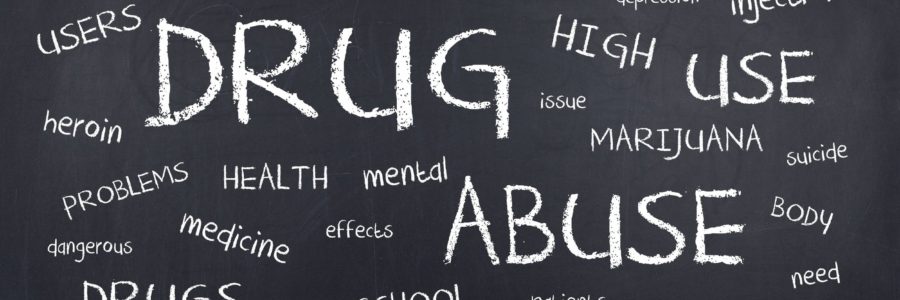Introduction:
Substance abuse has become a growing concern in our society, affecting individuals from all walks of life. It is crucial to delve deeper into the root causes and risk factors associated with this issue. By understanding these factors, we can develop targeted interventions and support systems to address and prevent substance abuse. In this article, we will explore the various causes and risk factors that contribute to substance abuse.
Genetic Predisposition:
Genetics play a significant role in an individual’s susceptibility to substance abuse. Studies have shown that certain individuals have a higher genetic predisposition to develop addictive behaviors. The presence of specific genes may increase the vulnerability to substance abuse, making it important to recognize and address this factor in prevention and treatment strategies.
Environmental Factors:
The environment in which a person grows up and lives can significantly influence their likelihood of developing substance abuse problems. Factors such as a dysfunctional family, peer pressure, exposure to substance use within the community, and easy access to drugs or alcohol can all contribute to the initiation and perpetuation of substance abuse. Creating a supportive and nurturing environment is crucial for reducing the risk of substance abuse.
Mental Health Disorders:
Substance abuse and mental health disorders often coexist, creating a complex and intertwined relationship. Individuals struggling with conditions such as anxiety, depression, or trauma may turn to substances as a means of self-medication. Substance abuse can worsen mental health symptoms and vice versa, forming a dangerous cycle. Proper diagnosis and integrated treatment for both substance abuse and mental health disorders are essential for successful recovery.
Lack of Coping Skills:
The inability to cope with life’s challenges and stressors can lead individuals to seek solace in substance use. Insufficient coping skills can hinder effective problem-solving and emotional regulation, making substance abuse seem like a tempting escape. Educating individuals on healthy coping mechanisms and providing them with the necessary tools to manage stress can help reduce the risk of substance abuse.
Social and Cultural Factors:
Social and cultural factors, including societal norms, peer influence, and cultural acceptance of substance use, can significantly impact an individual’s likelihood of engaging in substance abuse. The influence of friends, family, and media can shape attitudes and behaviors towards substance use. Promoting healthy social connections and challenging negative cultural influences are vital for preventing substance abuse.
Early Initiation:
Individuals who start using substances at a young age face a heightened risk of developing substance abuse problems later in life. Early initiation of substance use can disrupt brain development, impair decision-making abilities, and increase the likelihood of addiction. Implementing prevention programs that target youth and educate them about the risks associated with substance abuse is crucial.
Conclusion:
Substance abuse is a complex issue with multiple causes and risk factors. Understanding and addressing these factors is essential for effective prevention and treatment. By acknowledging genetic predisposition, environmental influences, mental health disorders, coping skills, social and cultural factors, and the impact of early initiation, we can develop comprehensive strategies to combat substance abuse. Promoting awareness, fostering supportive environments, and providing accessible resources for prevention and treatment will ultimately contribute to a healthier and substance-free society. Together, we can make a difference and support those affected by substance abuse on their path to recovery.








